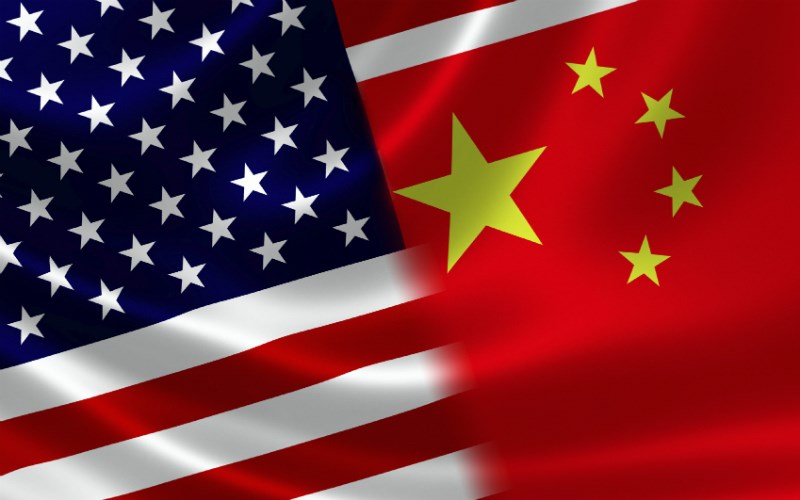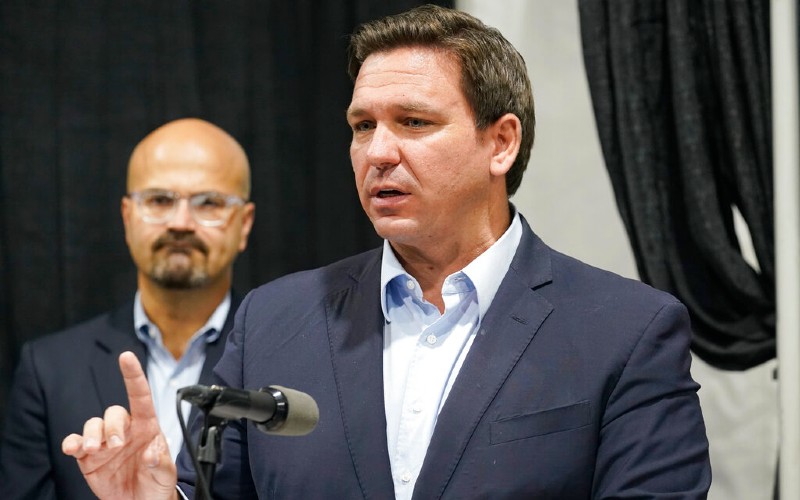The newly minted House China Select Committee met for the first time Tuesday in primetime, allowing the American public to hear testimony from former national security officials and others presenting a "concrete assessment" of the threat that the Chinese Communist Party (CCP) poses to the United States.

AFN spoke with Kirk Lippold, a retired U.S. Navy commander. "I think there is a growing consensus within Congress that China is not a competitor," he says. "They are, at best, an adversary – and they are rapidly approaching that point where they are becoming a threat and an enemy of the United States by their actions."
In his opening remarks on Tuesday night, committee chair Mike Gallagher (R-Wisconsin) said the relationship between the Washington and Beijing isn't a "polite tennis match [but instead] an existential struggle." He urged America's leaders to learn from the mistakes of the past:
"For much of the past half century, we tried to win the CCP over with honey, believing that economic engagement would lead to reforms in China. We were wrong. The CCP laughed at our naïveté while they took advantage of our good faith. But the era of wishful thinking is over. The Select Committee will not allow the CCP to lull us into complacency or maneuver us into submission."
Lippold reiterates Gallagher's comments. "[The committee] is basically starting to make the American public understand that we've spent 30 years letting our guard down trying to make them part of the wider global community – and it has failed," he argues.
Regardless what President Joe Biden wants to do, Lippold expects "there will be a growing chorus for [Biden] to take positive action against China that is going to result in safeguarding U.S. national security interests."
Lippold commanded the USS Cole when it was attacked by terrorists in 2000.
America's weapons stash
In a recent speech at the American Enterprise Institute, Secretary of the Army Christine Wormuth made this statement:
"If we got into a major war with China, the United States homeland would be at risk as well with both kinetic attacks and non-kinetic attacks – whether it's cyberattacks on the power grid or on pipelines …. They are going to go after the will of the United States public. They're going to try to erode support for a conflict."
That concerns Pentagon analyst Bob Maginnis greatly, who contends the Biden administration policies – especially regarding weapons and funding for Ukraine in its year-long war with Russia – have left the U.S. low on critical weapons.

"We need to replenish some of our stock," Maginnis tells AFN. "Hypersonics are critical to the future defense, especially if you're looking at venues like the South China Sea, East China Sea."
And he argues that President Biden invoking the Defense Production Act earlier this week isn't good news. "Because we usually only use these [types of weapons] in wartime," he explains. "But given that we have depleted, significantly, our sophisticated weapons, [it appears] Joe Biden is putting the U.S. on war footing."
Comments from Bob Maginnis added after story was originally posted.







